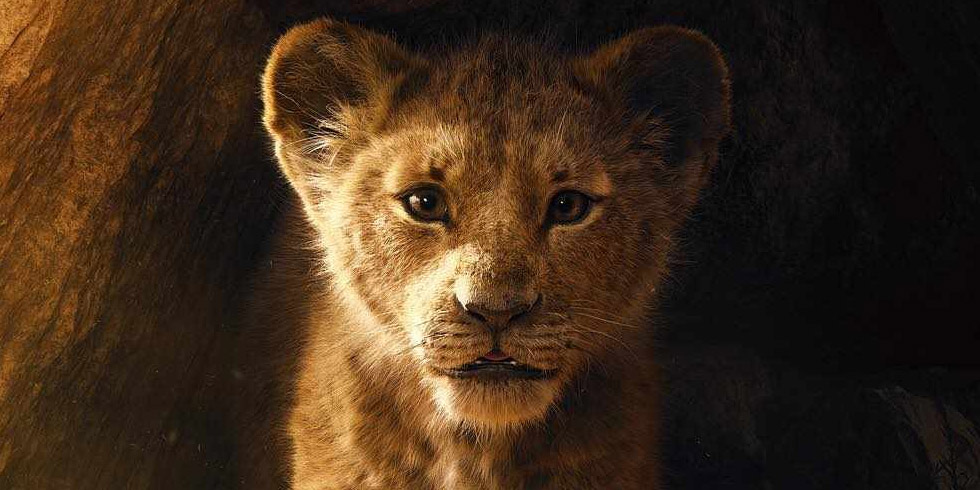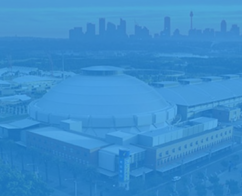
Melbourne
March 29-30, 2025
Melbourne Showgrounds

We all love to indulge in a little nostalgia from time to time, right? We idolise actors from classics we love, we collect merch, we build communities around them, and we keep them alive by not letting them fade out of the collective consciousness.
Sometimes a franchise or character is kept alive, and even resurrected, by virtue of pure nostalgia. Look at Mega Man. He was dead for 10 years before he got another sequel… aaaand then he went back to sleep for another eight years after that. But during that time, it was the fans who didn’t let Capcom (the poster child for dead franchises) forget about the Blue Bomber, and now we have Mega Man 11, so thanks, guys.
Even Devil May Cry came back after 10 years, because fans just refused to stop playing 4, and Capcom listened. There are plenty of nostalgia success stories, that’s undeniable, but nostalgia isn’t always a good thing. Just because we can dredge up something that made us happy once, doesn’t mean the same effect or quality is guaranteed. Something may not hold up once you take off those rose-tinted glasses.
In fact, Mega Man and Devil May Cry are great examples of this. We’re happy now that nostalgia brought them back, but Mega Man fans capitalising on nostalgia infamously gave us Mighty No. 9, the notoriously bad Mega Man homage that got hyped up beyond belief and let so many people down. Capcom did the same in 2013 with a DmC reboot that some fans despise, while other fans sing from the hilltops as an amazing and worthwhile addition to the series. DmC the reboot and Mighty No. 9 may very well have gone under everyone’s radars entirely, had they not carried the weight of that nostalgia with them.
What these show us is that nostalgia is like a volatile energy source; handled with care, it can elevate something great and make it even stronger, but handled clumsily, it can very easily ruin something. There’s no concrete “right” or “wrong” though – it’s ultimately up to the viewer’s interpretation, as we’ve recently seen with The Force Awakens and The Last Jedi. Both are maligned and adored in equal measure by different parts of the fanbase, and it all boils down to how they handle their nostalgia elements.
TFA embraces the nostalgia, giving us a fun time that, regardless of how it’s perceived, is undeniably a rehash of Episode 4, something many fans wanted after the prequels went in their own direction. By contrast, TLJ does away with nostalgia entirely, suggesting that it’s necessary to cast off our attachment to the relics of the past, and uses nostalgia to subvert the audience expectations, giving us a fresh take on the series that divided viewers.
No one’s denying that it can feel good to lap up some nostalgia, but think about this: of the top 10 highest grossing films of all time, eight are sequels to a beloved classic property. Expand that list to 20 – 17 of them are remakes or sequels. We can keep going, but the point is clear. Is it any wonder that people have been saying for years that “Hollywood is nothing but sequels and remakes these days”? At what point do we admit that nostalgia has a stranglehold on the market? Obviously, it’s not as doom and gloom as we might make it seem; being tied to an existing property doesn’t mean a film or show can’t be unique or original in its own right, but they’re still attached to something that we’ve seen a hundred times before.
Last year, Disney released a trailer for their new “live-action” Lion King remake, and while we’re as excited as anyone, we have to ask… why? Why does this need to happen? James Earl Jones is reprising his iconic role as Mufasa, Hans Zimmer is doing the score again, and a handful of the original songs are slated to return. So who is this for?
You could argue that this is “for a new generation” of fans, but the first Lion King is not that old, having been released in 1994. Don’t get us wrong, with Disney’s track record, this remake will most likely be a great film, possibly even better than the original, and you can bet we’ll be first in line to see it, but we have to ask: Is this a story that could be told without leaning on the crutch of nostalgia? With remakes/updates of Alice in Wonderland, Cinderella, Maleficent, Beauty and the Beast, The Jungle Book, and now The Lion King, Dumbo and Aladdin in the works, how long until we get that live-action Frozen remake, and is that something we necessarily want?






